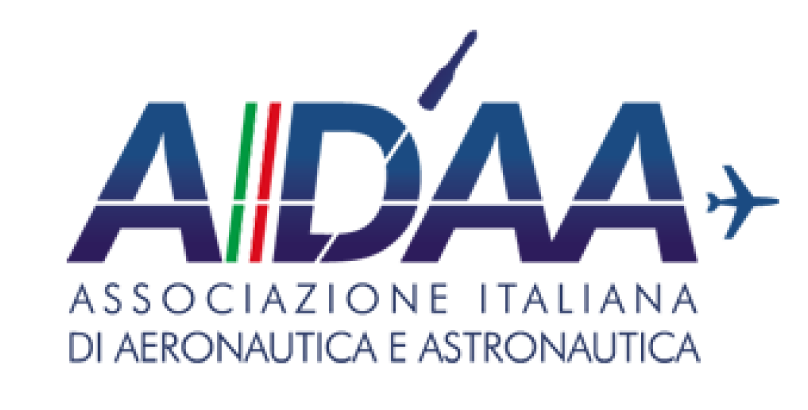
Planetary Probes Entry and Descent Science
8-9 NOVEMBER 2021
Deliver robotic platforms and, in the next future, human missions on a planetary body with an atmosphere is a significant technological challenge. Onboard data acquired during Entry Descent and Landing (EDL) mission phases are typically used to verify the engineering system performances. Nevertheless, such data carry out much information of great scientific value. This webinar introduces the post-flight analysis of EDL mission data with a particular focus on the reconstruction of atmospheric profiles building upon the experience with past missions such as Huygens end ExoMars-2016 and presenting real-world case studies.
Topics:
- Introduction to entry, descent and landing technologies with related onboard instrumentation. Overview of past and future planetary exploration missions.
- Basic aerodynamics of aeroshells and parachute systems, guidance, navigation and control issues.
- Entry and descent phase modelling and simulation. Case study: ExoMars-2022 entry and descent simulation.
- Methods and algorithms for the reconstruction of trajectory and atmospheric profiles from onboard data. Bayesian techniques for data assimilation. Case study: ExoMars-2016 Schiaparelli data analysis.
Learning objectives:
- Understand EDL challenges and current technologies.
- Understand aeroshell and parachute aerodynamic, dynamical modelling and entry and descent phases simulation issues.
- Implement methods and algorithms to reconstruct both the vehicle trajectory and the atmospheric structure from inertial data.
- Application of Bayesian techniques for data assimilation and multi-sensor fusion.
Target audience: doctoral students, non-academic professionals, and undergraduate students.

